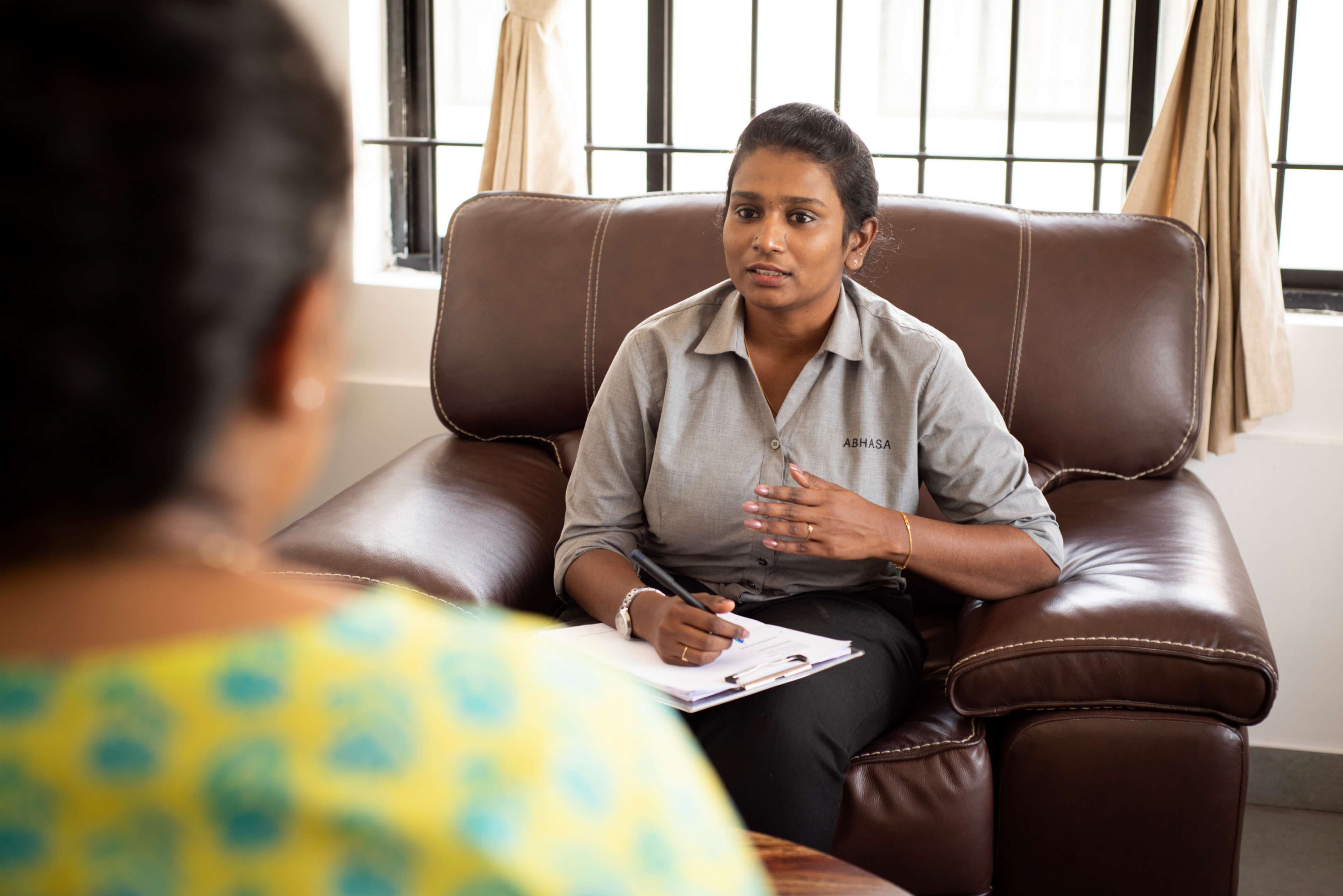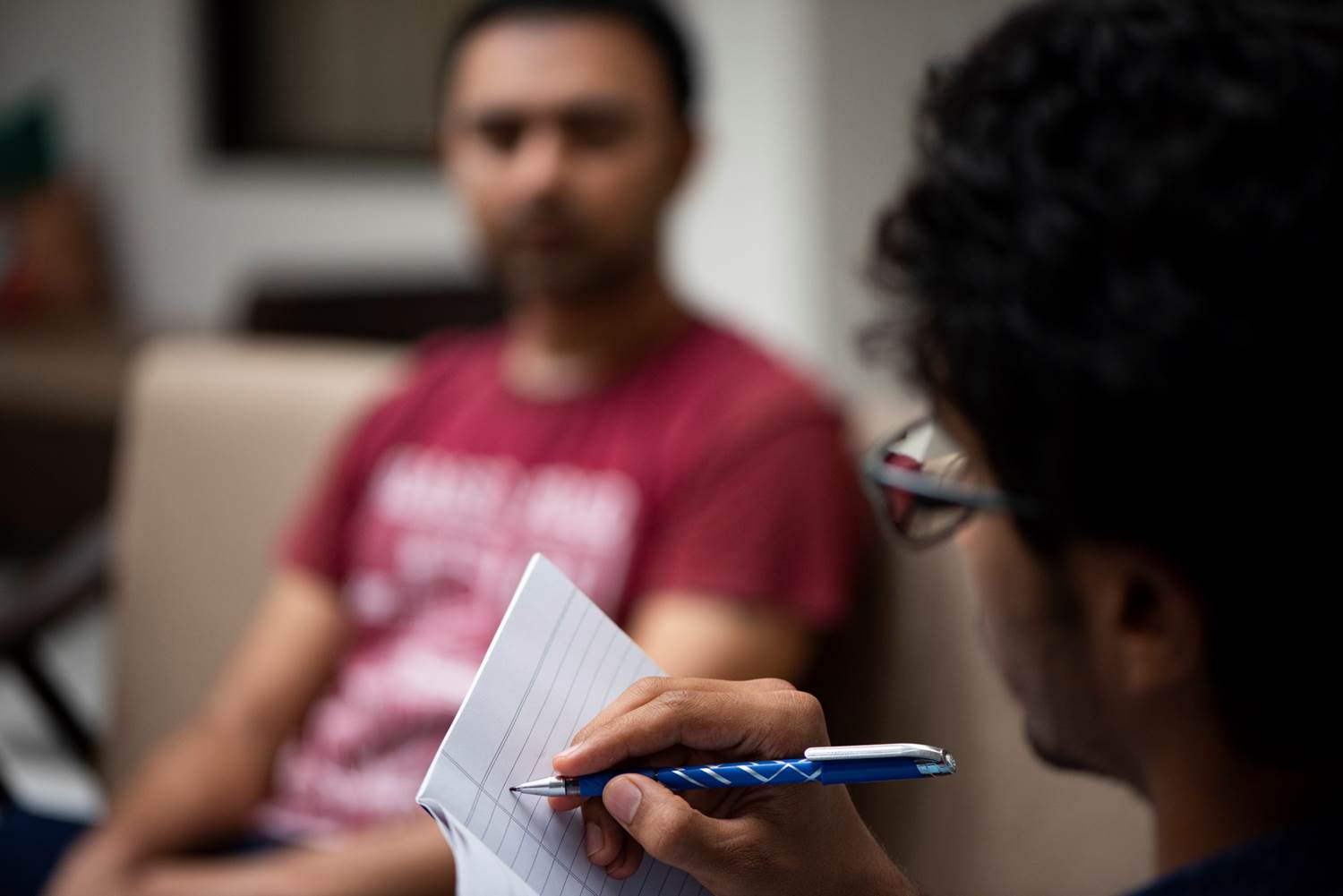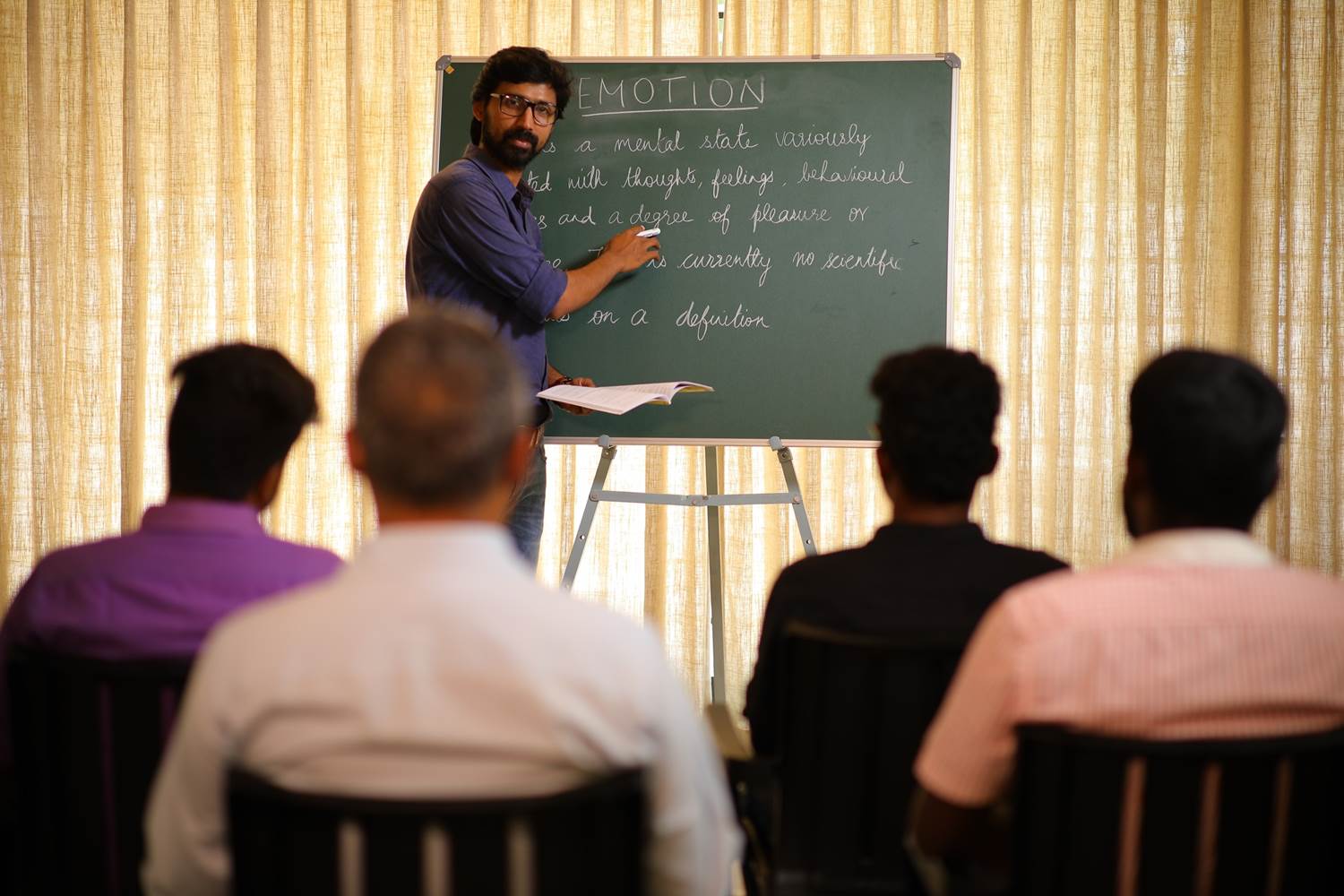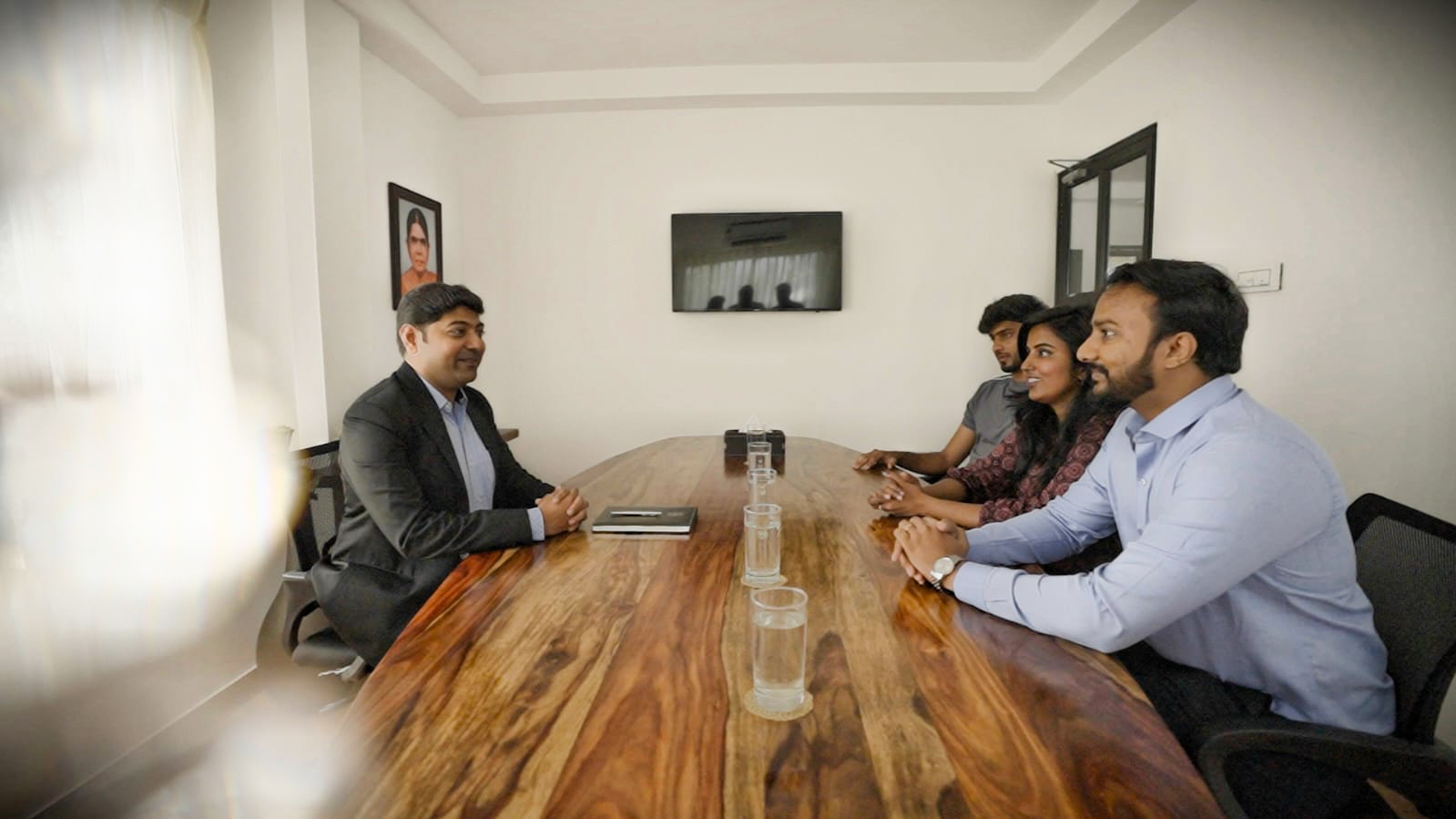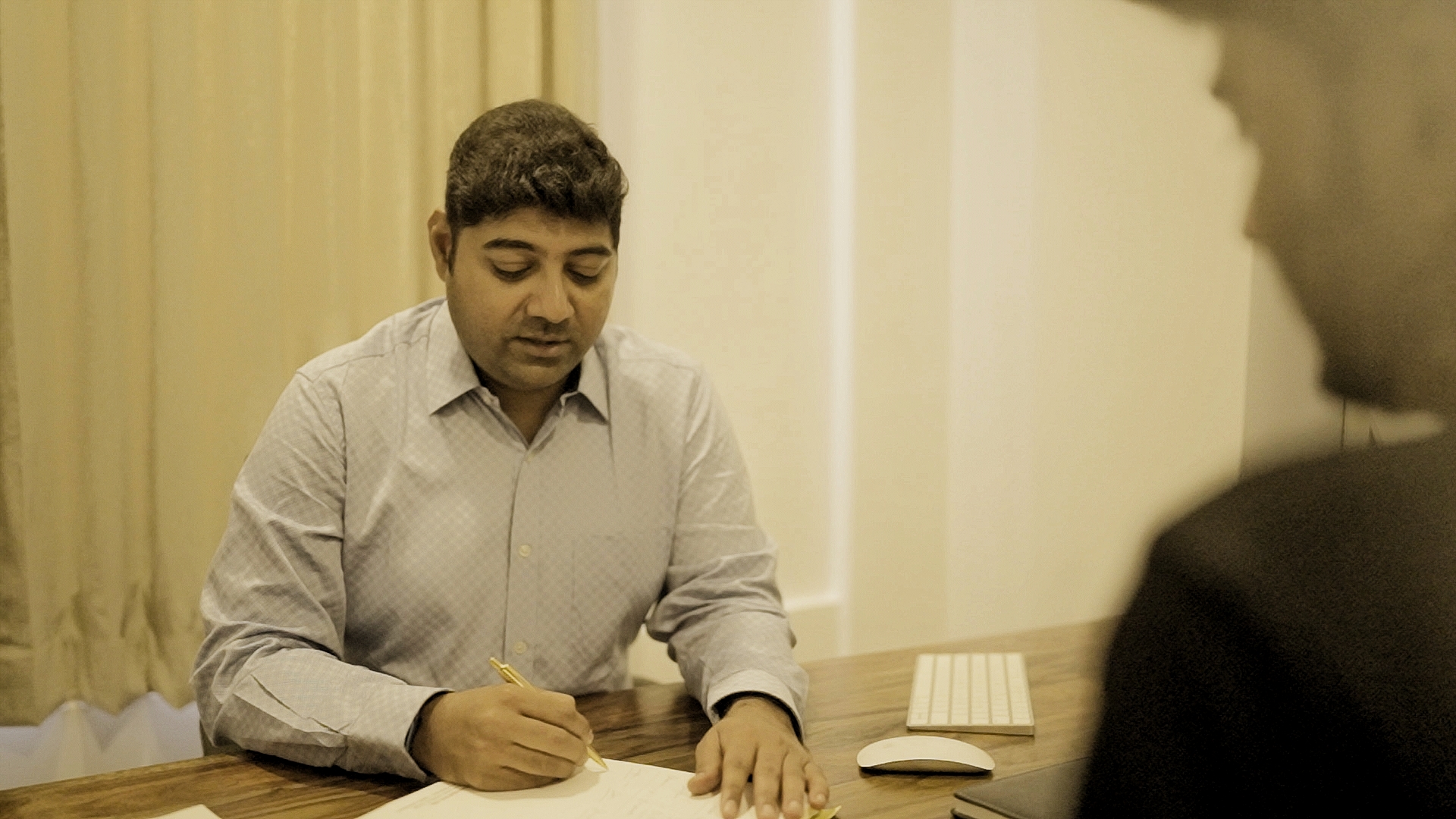Schools of Therapy
ROAD TO RECOVERY
Our innovative program is set to guide recovering individuals in terms of compulsion, addiction and other behavioural problems with a holistic approach that not just focuses on to make one be out of addiction but also goes to the core of problem which made them fall for addiction in the first place. With the help of counselling, Cognitive Behavioural Therapy and Family Counselling, we guide the addicts to gain back the control of their lives before any adverse consequences.
BEHAVIOURAL THERAPY
Behavioural Therapy is one of the most useful and scientifically proven types of therapy. We often use it as a combination with Cognitive Behavioural Therapy and Motivational Enhancement Therapy which gives individuals the most reliable tools possible to lead less stressful and happier lives.
COGNITIVE BEHAVIORAL THERAPY
Cognitive Behavioural Therapy (CBT) is a very effective way for an individual to understand the relationship between thought process, behaviours, and emotional state. CBT is a skill-oriented therapy that helps patients learn how to engage in more adaptive thinking, which in turn leads to healthier practices. It also helps patients to understand how life experiences contribute to their view of themselves, others, and the world. Cognitive Behavioural Therapy provides skills for patients to recognize inaccuracies in thoughts and beliefs.
CONTINGENCY MANAGEMENT
Contingency management (CM), often called motivational incentives, is a type of behavioural therapy based on operant conditioning. This type of treatment provides rewards for desired behaviours such as clean drug tests. At times, disciplinary measures or withholding of privileges may take when the client engages in unacceptable conduct. Touching a hot stove provides a negative reinforcement that reduces future occurrences. Eating ice cream gives a reward that will increase occurrence. As client needs vary; CM can fit those needs through slight modification.
RATIONAL EMOTIVE BEHAVIORAL THERAPY
The way people feel is influenced mainly by how they think. REBT combines strategies and approaches to assess underlying thoughts and emotions behind a person’s beliefs and perceptions. The goal of REBT is to help people alter incorrect beliefs and negative thinking patterns to overcome psychological problems and mental distress leading to addiction.
MOTIVATIONAL ENHANCEMENT THERAPY (MET)
Motivational Enhancement Therapy (MET) is an approach to addiction counselling that motivates drug and alcohol abusers to stop using them. It begins with an assessment, followed by motivational sessions with a therapist to help the user engage with their therapy. It enhances an individual’s motivation to make positive changes in their behaviour.
DIALECTICAL BEHAVIOR THERAPY
Dialectical behaviour therapy (DBT) provides clients with new skills to manage painful emotions and decrease conflict in relationships. DBT specifically focuses on providing therapeutic skills in four key areas.
- Mindfulness focuses on improving an individual’s ability to accept and be present in the current moment.
- Distress tolerance geared toward increasing a person’s understanding of negative emotion, rather than trying to escape from it.
- Emotion Regulation covers strategies to manage and change intense feelings that are causing problems in a person’s life.
- Interpersonal Effectiveness consists of techniques that allow a person to communicate with others assertively, maintains self-respect, and strengthens relationships.
MULTIDIMENSIONAL FAMILY THERAPY (MDFT)
(MDFT) is an integrated and family-centered treatment for psychological problems in youth. MDFT addresses a range of youth problem behaviours such as substance abuse, delinquency, antisocial and aggressive acts, school and family issues and emotional difficulties and brings a constructive and meaningful relationship in the family.
INTEGRATIVE THERAPY
Integrative Therapy is an integrative approach that is inclusive of the client’s behavioural, cognitive, physical, social, and spiritual aspects are used in the treatment. Different methods may be used consecutively throughout various stages of the therapeutic process for attaining the maximum benefit.
PERSON-CENTERED THERAPY
Person-centered therapy is a humanistic approach that deals with individuals to perceive themselves consciously, rather than how a counsellor can interpret their unconscious thoughts or ideas. The therapist in this approach works to understand an individual’s experience from their perspective. The method can help the client to reconnect with their inner values and sense of self-worth, thus enabling them to find their way to move forward and progress.
RELAPSE MANAGEMENT PROGRAM
Making the transition out of rehab can be intimidating, and many people find themselves afraid of facing some of their old triggers again. A relapse plan should ideally be a process which should be updated often, for months or years after leaving treatment. Rehab recovery programs help you stay actively involved in your relapse prevention through proactive post-rehab recovery programs. A proper inventory exercise suggested by a therapist to encourage self-awareness and to make amends with those you may have missed. First, you need to determine what your triggers are. These may include people, places or activities which increase the urge to use drugs and alcohol again. For the triggers that may be impossible to avoid, take time to plan how you will manage those situations. Make yourself cautious in highly stressful or triggering environments that induce to take alcohol or drugs again. Meditation and relaxation techniques are soothing resources for maintaining one’s composure and emotional stability. Finally, make sure that wellness, both physical and mental, is your ultimate goal. A healthy body and mind are best equipped to resist triggers and temptations.

